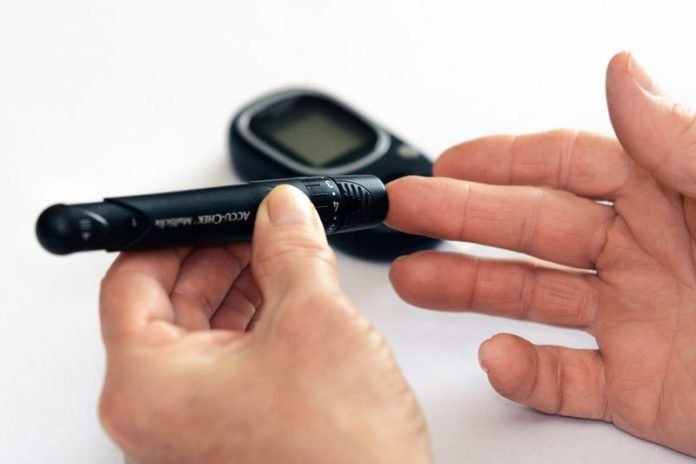
In a new study, researchers found that type 2 diabetes in midlife is linked to higher stroke risk in later life.
Middle-aged people type 2 diabetes may have a 30% higher risk of a serious blockage of the brain arteries, which often leads to stroke.
These people may also have a doubling of the risk of narrowing of the brain’s arteries when they are over 60.
The research is based on a cohort of twins in Sweden.
Cerebrovascular disease (CBD) includes many medical conditions that affect the blood vessels of the brain.
It falls into two types: ischemic, in which the blood flow is blocked; and hemorrhagic, in which bleeding occurs.
CBD and type 2 diabetes are common health conditions that the World Health Organization places amongst the top ten causes of death.
Both diseases are complex genetic and lifestyle-related disorders.
Previous research has shown that type 2 diabetes is independently linked to a higher risk of CBD, especially ischemic CBD.
In the study, the team examined the link between type 2 diabetes in midlife and the risk of the different types of CBD in late life.
They also aimed to explore whether genetic and family factors could explain the link between type 2 diabetes and CBD.
They examined twins from the nationwide Swedish Twin Registry (STR), which started in the 1960s.
A total of 33,086 people were included in the current analyses.
The team found that there was no strong link between midlife type 2 diabetes and brain bleed stroke in late life.
However, people who developed type 2 diabetes at ages 40 to 59 years had double the risk of artery narrowing and a 30% higher risk of ischemic stroke.
The researcher says that the mechanisms behind the link are complex and not completely understood.
It is possible that insulin resistance, inflammation, increased fat, and high blood sugar in type 2 diabetes may contribute to the blood vessel disease in the brain.
The lead author of the study is Ph.D. candidate Rongrong Yang from Tianjin Medical University.
The study is published in Diabetologia, the journal of the European Association for the Study of Diabetes (EASD).
Copyright © 2019 Knowridge Science Report. All rights reserved.



